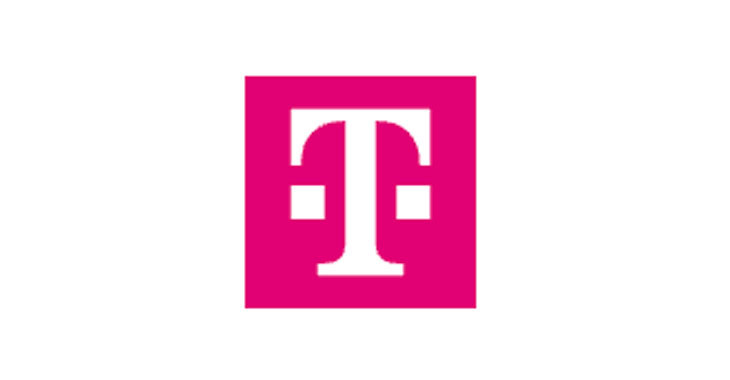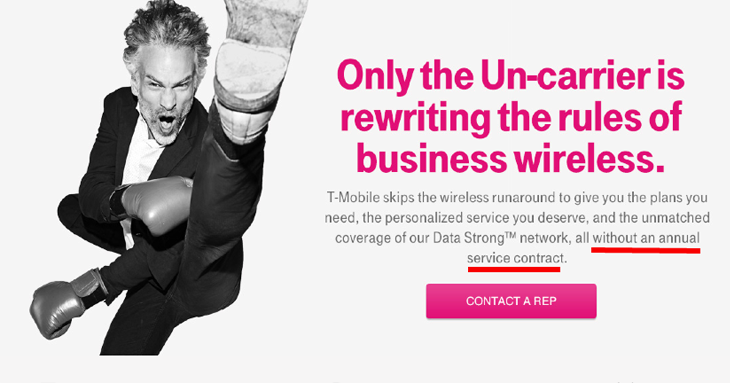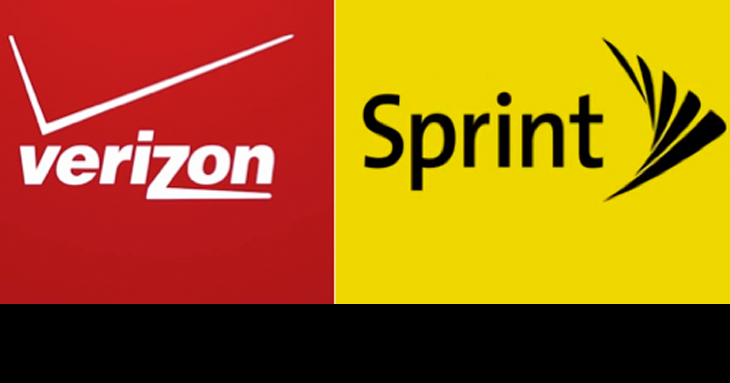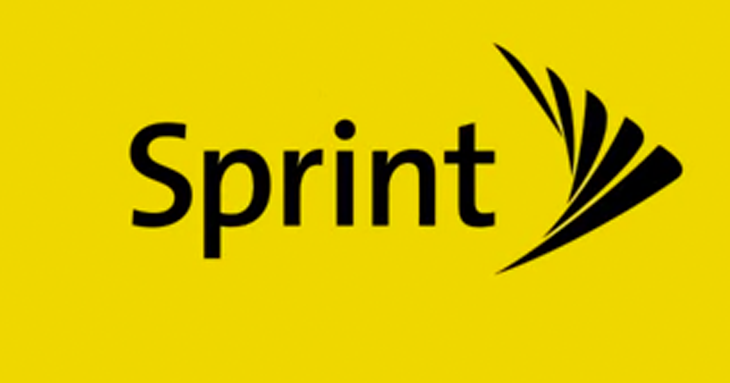
T-Mobile
Allegations: Misrepresenting that it protects consumers’ personal information when it failed to do so and there was a data breach in 2022
February 2018: This action was dismissed because the parties reached a settlement agreement, the terms of which have not been disclosed.
November 2017: A false advertising class-action lawsuit was filed against T-Mobile. Specifically, plaintiffs claim that T-Mobile deceptively advertises that customers will receive four telephone lines with unlimited minutes, text messages, and data for $100 and a free tablet with activation fees that will be reimbursed over time when, according to the complaint, T-Mobile charges customers more than the advertised price without their consent and the activation fees are not reimbursed. (Cesarina et al v. T-Mobile USA, Inc., Case No. 17-cv-2054, C. D. CA.)
For more information about the marketing cellphones, click here.
Allegations: Misrepresenting that it protects consumers’ personal information when it failed to do so and there was a data breach in 2022
Allegations: Failing to include its “RPTR Fee” in advertised prices
Allegations: Misleadingly marketing that iMessage and Facetime are secure methods of communication without disclosing that a flaw in Apple’s iOS software and T-Mobile’s SIM card practices allow iMessage correspondence and…
Allegations: Misrepresenting that the advertised rates for certain plans were guaranteed to last for life or as long as the customer remained on the plan when the company raised rates…
Allegations: Falsely representing that consumers need to purchase insurance add-ons with every new device, falsely advertising cellphones as “free,” and failing to include a fee in advertised prices
Allegations: Preventing consumers from giving negative reviews on its website and platforms
Allegations: Failing to disclose that older networks would be shut down when the company’s 5G network launched and certain devices would be incompatible and unusable using a 5G network
Allegations: Misleadingly representing that the company safeguards consumers’ personal information when it failed to do so and there was a data breach
Carriers facing challenges to advertisements.
Consumer groups call on federal agency to investigate marketing.
Not quite “no extra charge” for some customers.
All told, that’s $290M going back to wireless consumers who federal regulators said were unfairly charged.
Self-regulatory group tells Sprint to drop advertising claims following T-Mobile complaint.







